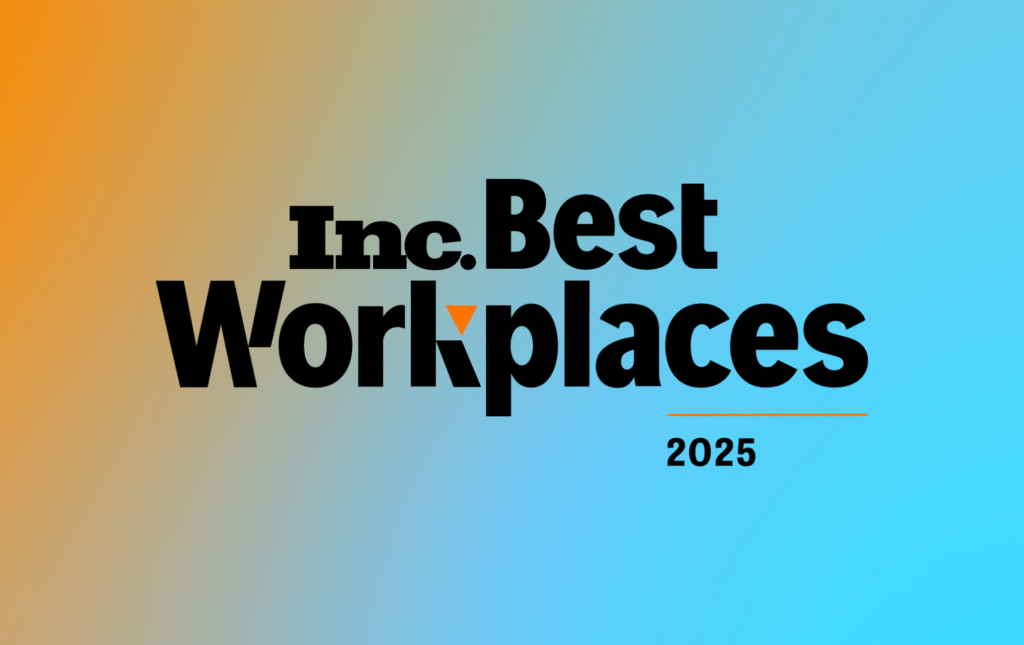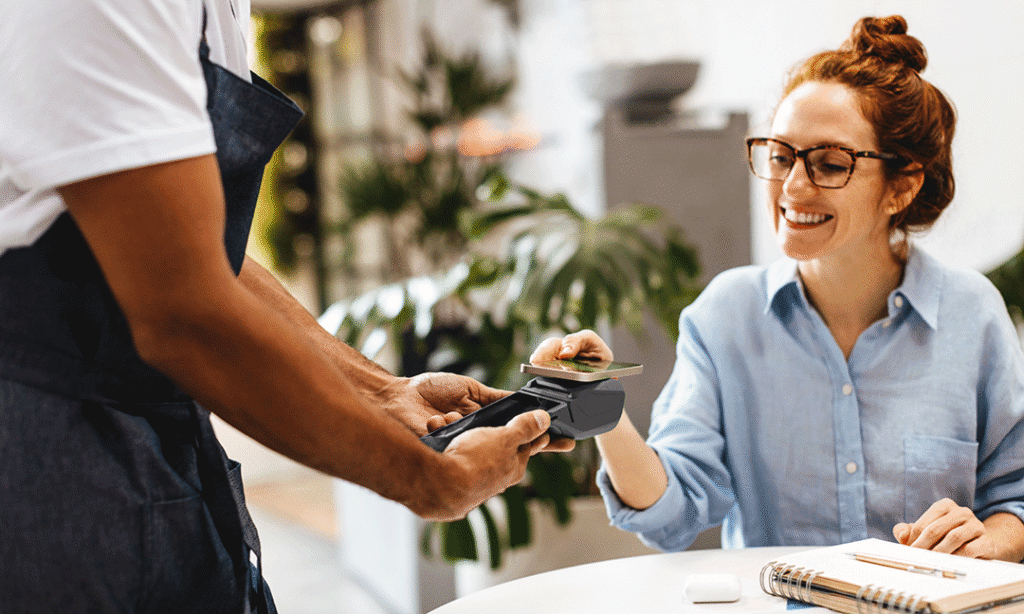
Insights & Innovations
- All
- Bank Partners
- Business Owners
- Case Studies
- Culture
- Payments 101
- Software Partners
- Thought Leadership
Select a category:

View Post

View Post
Top 3 Payment Questions from Business Banking Clients—Answered

View Post
Why Dental Practices Need Smarter Payments (and How Your Platform Can Deliver Them)

View Post
Basys Named to Inc.’s 2025 Best Workplaces List

View Post
5 Ways Basys Keeps Payments Simple for Your Business

View Post
Helping You Help Your Clients: A Simpler Bank Merchant Services Experience

View Post
Simplifying Healthcare Payments: How Embedded Solutions Cut Through Complexity

View Post
Custom Solutions, Competitive Advantage: Why SaaS Platforms Need More Than a One-Size-Fits-All Integration

View Post
A Partnership That Fits: Custom Merchant Services for Your Bank

View Post
Supporting Healthcare Platforms with Purpose-Built Solutions

View Post
Building a Better Payment Experience in Construction: Foundation Software + Basys

View Post
